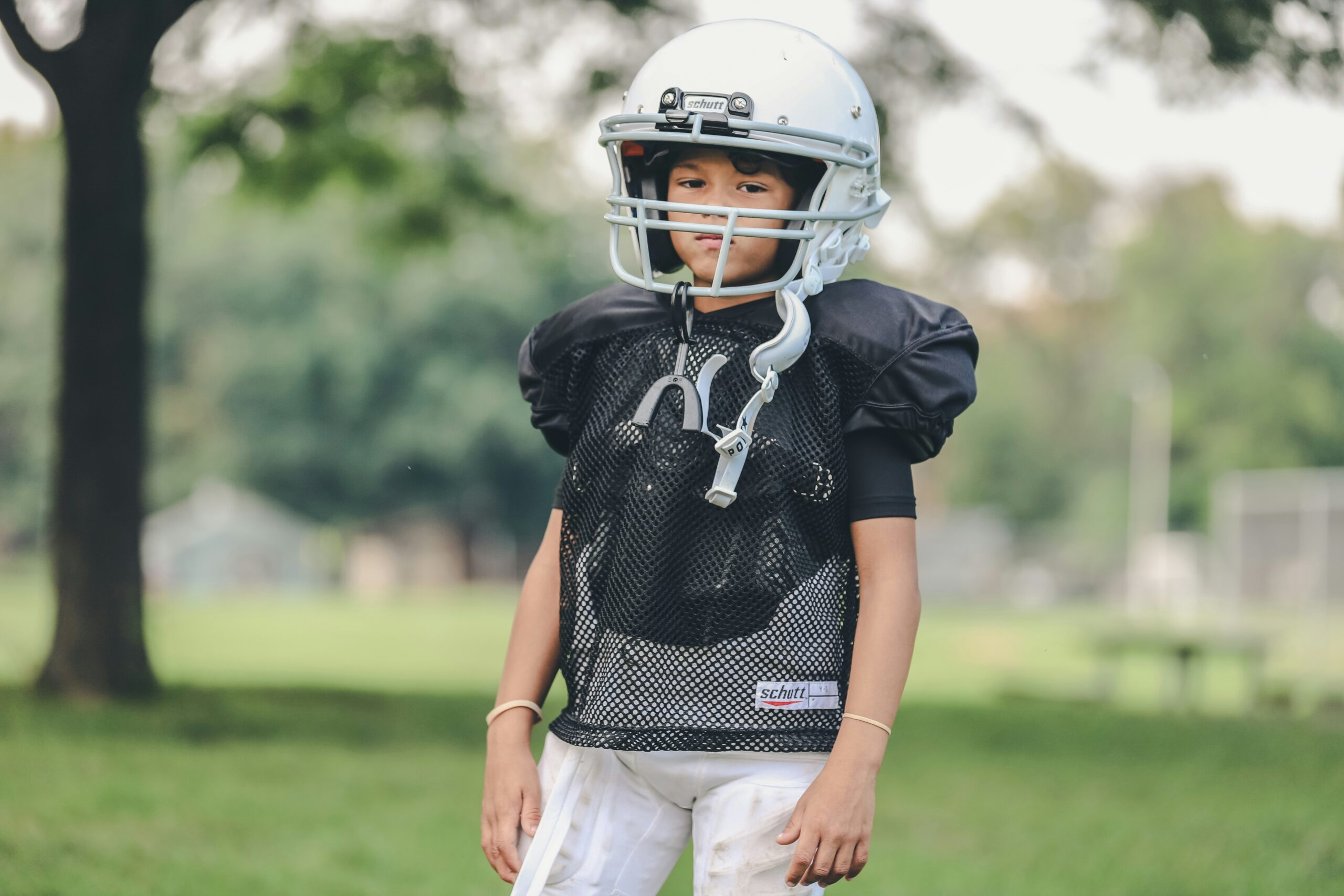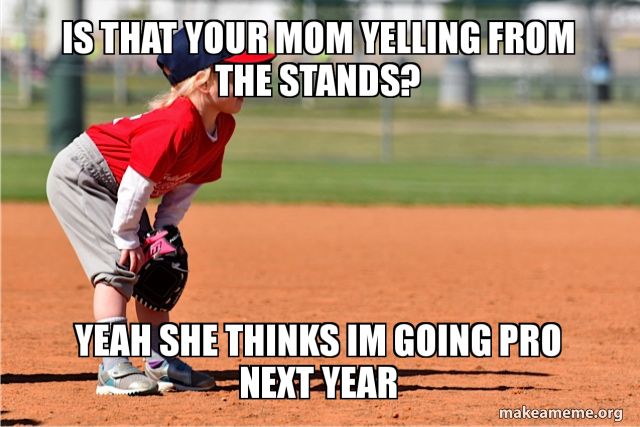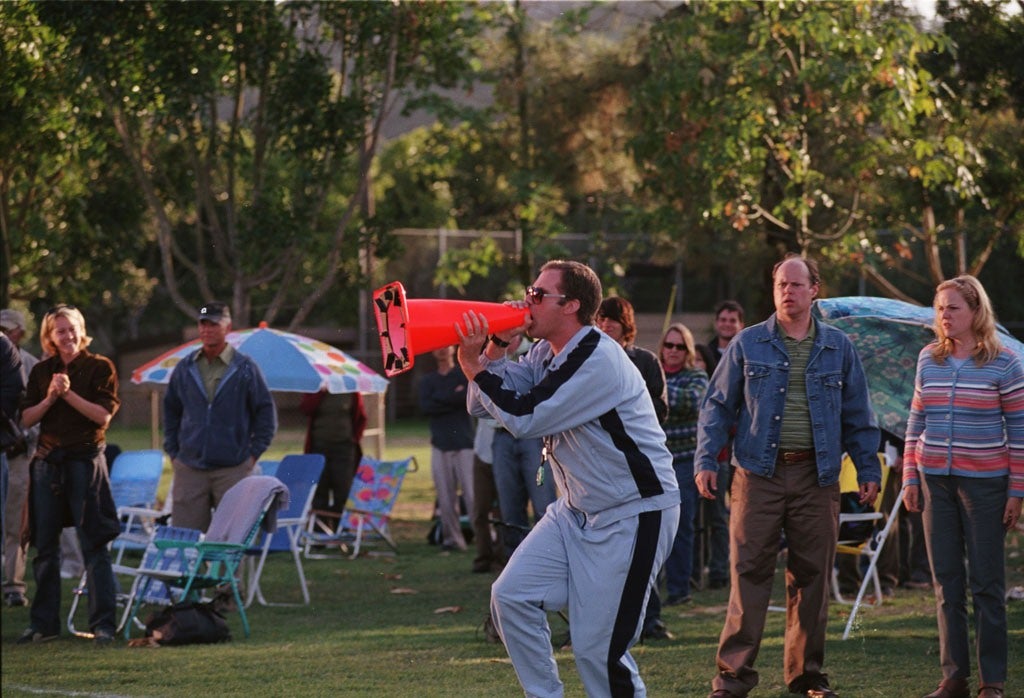It’s Not Healthy for Your Children if You are Trying to Live Vicariously Through Them
Author: Dr. Julie. Sorenson, DMFT, MA, LPC
Strike one, strike two, strike three…., and you’re out. So often in sports parents have the best of intentions for their children, however, they may be causing anxiety, depression, and the need to be “perfect.” Children want to make their parents proud and may even want to follow in their footsteps. It is crucial your child is playing the sport, instrument, or extracurricular activity they want to do and not the one they think you want them to do. They also hear everything you are saying to them even if it seems like they aren’t listening and watching everything you are doing.
Extracurricular activities can be a great experience for a child’s growth. They teach young people how to work as a team, motivation, and life lessons in losing or not performing at their best. Extracurricular activities can teach how to be humble, disappointed, proud, disciplined, dedicated, punctual, and how to work for something bigger than themselves.

However, sometimes parents think their child will be the next Alexander Ovechkin, Derrick Jeter, Van Gogh, Beethoven, or Taylor Swift. When parents have those expectations sometimes children can get overwhelmed, feel overscheduled, feel they aren’t living up to their parent’s expectations or they are a disappointment to themselves or their families.
Another thing that may occur is they may be watching their parents interact with other parents, coaches, or staff it may not always be the best lesson learned. Some things parents should never say to their children because even if you aren’t trying to hurt their mental health, you could be making them question their self-esteem or self-worth.

- Telling your child, they will win before the event even starts. (that is a lot of pressure, and no one will know the results until the end of the game, competition, or event).
- Coaching your child before the event. You are not their coach, instructor, or in charge of the event. Let the people who oversee the event tell your child the expectations or their position on the event.
- Saying hurtful things to cause tears after a game, event, or competition. Remember your words matter to them and impact their self-esteem.
- Waiting for your child and immediately talking to them after a game, event, or competition about their performance. Allow them time to process how it went and how they did.
- Parents or caregivers looking at their phones and not paying attention to whatever activity their child is in makes an impact on them.
- Children become so anxious over a game, event, or competition that they become tearful or even vomit because they are nervous about how they will do it.
 Parents/caregivers and peers can cause stress on young athletes, musicians, and artists causing painful reactions. There is a weight of expectations that can be putting so much stress on young people leading them to feel the need to be perfect. There could be a strong fear of failure which may cause them to quit, have lower self-esteem, and become anxious or depressed. These are the most common causes of fear of failure.
Parents/caregivers and peers can cause stress on young athletes, musicians, and artists causing painful reactions. There is a weight of expectations that can be putting so much stress on young people leading them to feel the need to be perfect. There could be a strong fear of failure which may cause them to quit, have lower self-esteem, and become anxious or depressed. These are the most common causes of fear of failure.
- Disappointing parents, siblings, or caregivers with a thought if they don’t perform well.
- They could become concerned they will let their peers down.
- Some worry they won’t make it to the big leagues, the show, Julliard, Music City
- Other young people may believe it may be a waste of time because they can’t live up to their parent’s expectations.
When children have beliefs they aren't performing up to expectations of them, it could cause internal damage and changes such as:
- Psychological (anxiety, depression, doubt, low self-esteem, need to be perfect)
- Emotional (fear, stress)
- Physical (muscle tension, racing heart, too much adrenaline, stomachaches, headaches, sleeping too much or not enough)
- Behavioral (avoidance, getting in trouble, self-sabotaging)
- Eating Disorders
- Performance (lower or higher, more intense)
Sports and extracurricular activities should be in place because children want to participate, and it is their passion. It is also extremely damaging when other parents complain about playing time, what chair a child sits in, or if a child gets a solo. When a child gets to a certain level it is about a child’s drive, dedication, talent, and passion. If your child is sitting on the bench don’t try to complain to the coach or director, have your child work harder and ask them if this is what they want. You need to be prepared for the answer they give you if you ask them what they want. Some children do not want to play or perform at the level you want for them. Remember this is not about you but about them, their wants, their life, it is essential to stop living vicariously through your child. Support your child by:
- Listening
- Encouraging
- Allowing them to find the thing that drives them.
- Support their peers (these are only kids)
- Praise others for their work well done.
- Reward them.
- Remind yourself why they started.
- If you can’t control your emotions during an event stay back where they can't see you.
- Smile and tell them you love them no matter the results.
- Don’t talk about the results unless your child asks or brings it up.

Children are leaving organized activities by the dozens by the time they become a teenager. Research suggests the reason is it becomes too stressful. They may want to drop out because they don’t enjoy what they are doing anymore, and they aren’t gaining anything from the activity. They may feel unhappy because of the pressure causing low self-esteem. Help your child live the life they want by supporting them.
If you are struggling with the culture that is attached to extracurricular activities, contact a local therapist they are happy to assist you and provide you with coping tools to navigate through your stress.
